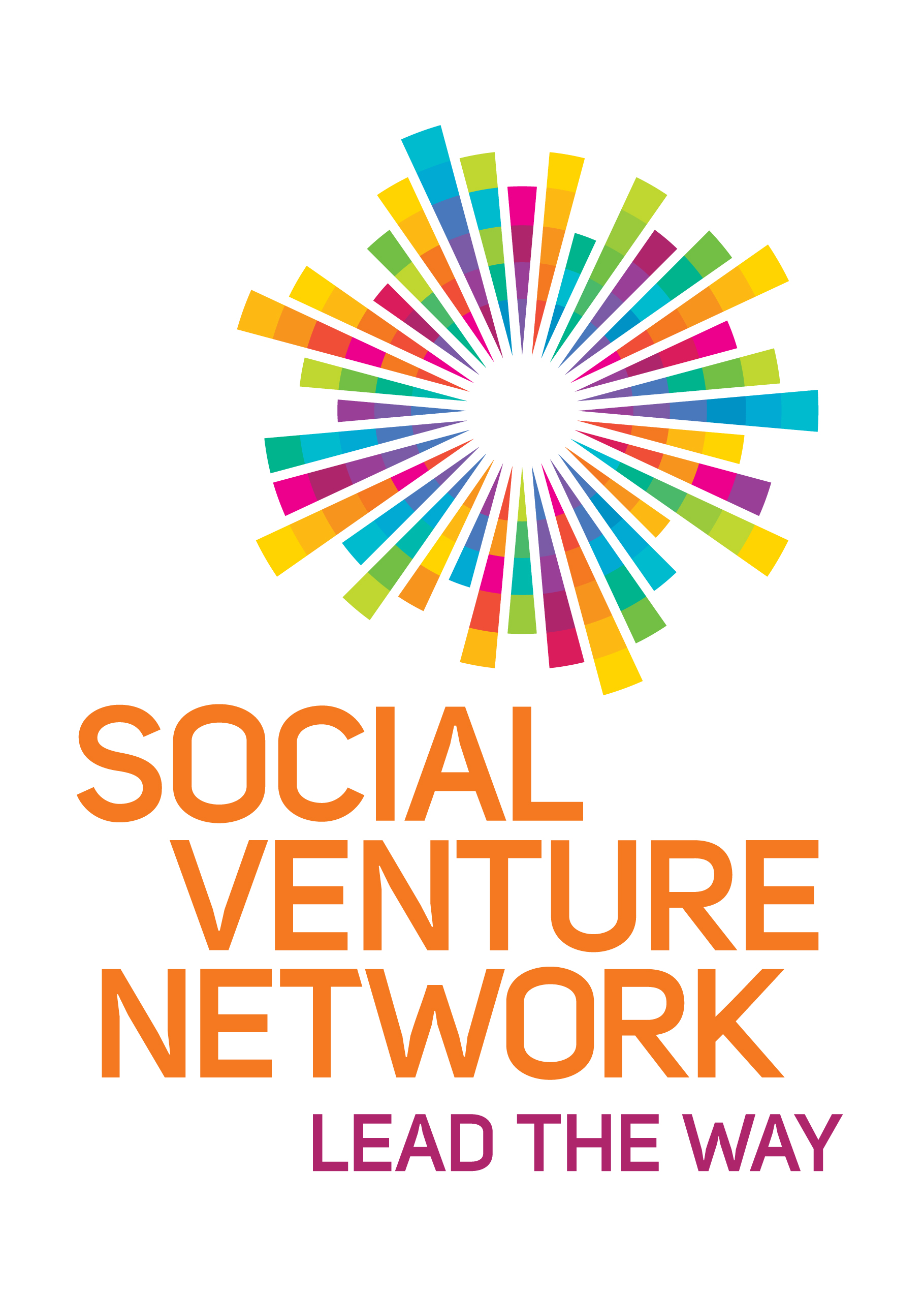 By Brian Kovalesky, StartUp Beat editor
By Brian Kovalesky, StartUp Beat editor
Universities like Stanford, Berkeley, and MIT have long been associated with strong startup ecosystems. Stanford no doubt has an unfair advantage because of its proximity to Silicon Valley, but it and its rival cross-town rival UC Berkeley have clearly and intentionally built connections and support systems that encourage and assist their students in pursuing new ventures.
Less known is the fact that Berkeley’s southern sibling, UCLA, has a well-established university-affiliated VC fund and startup accelerator backed by some of the biggest names in venture capital and investment, including SV Angel founder Ron Conway and Draper Fisher Jurvetson founder Tim Draper. It also has come up with an innovative partnership with the university where members can donate illiquid shares of a company in addition to the traditional models of cash and publicly traded shares of stock to support the university’s investment portfolio.
Here’s a Q&A with UCLA VC fund executive chair Michael Silton about the fund, its genesis and what kinds of companies the members seek out for funding:
SUB: Please briefly describe the vision behind the UCLA VC Fund.
Silton: The most important thing to know about the UCLA Venture Capital Fund is that our mission is to support and promote entrepreneurship for UCLA. All of our members—from our earliest members Josh Green, general partner of Mohr Davidow, and Ron Conway, founder of SV Angel, to our newest members Aaron Hirschhorn, founder and president of DogVacay, and Michael Yuen, founder and CEO of Showbucks—are committed to mentoring faculty and students, nurturing the growth of UCLA companies, giving back to the university and its community, and connecting entrepreneurs and venture capitalists who are interested in UCLA.
SUB: When was the fund established and what is its genesis story?
Silton: We have had three chapters in our existence since the fund’s creation in 1999. At inception, Josh and Ron were searching for a way to replicate the success that Stanford has benefited from investing in the startup community in Silicon Valley. In our first chapter, despite the dot com bust, many of these companies thrived and UCLA realized meaningful returns. Our second chapter commenced in 2009 with the introduction of the cashless giving model created by me. This model attracted many new members, particularly among high technology entrepreneurs in northern and southern California. I recognized that many entrepreneurs just starting companies also wanted a way to give back to UCLA and through ‘cashless giving’ they could become more engaged in growing the fund. Finally, in 2013, the fund began its current focus on fostering entrepreneurship at UCLA, which is part of the DNA of our members. The fund is now actively supporting programs across the UCLA entrepreneurial network, including the fellows program, networking programs, as well as assisting some UCLA-affiliated startups.
SUB: Why do you believe there is a need for a fund focused specifically around UCLA?
Silton: There is an opportunity for UCLA to take a leadership role in fostering entrepreneurship and to create a supportive community of UCLA alumni and friends of the university. This mission achieves several important objectives:
Capital and connections: Provides a vehicle and starting point for inspiring entrepreneurs to further their ideas and make new connections.
Virtuous cycle of funding: By helping UCLA entrepreneurs with access to capital and connections, the university benefits as these entrepreneurs become successful.
Building the UCLA brand for entrepreneurship: By establishing UCLA as a center of entrepreneurship, the university and alumni benefit from the brand association—opening doors for jobs and funding, attracting leading academic faculty to the university, as well as application candidates.
We are not a traditional VC fund, and much of our work recently has been in building the UCLA entrepreneurial network, developing events, creating programs such as the Fund Fellows program. In addition to raising funding, we recently spent time evaluating the most promising, emerging business in the UCLA community where we felt we could have a solid impact in terms of mentorship, support, and funding. We were pleased to recently award SmartestK12—founded by students in the UCLA Anderson School of Management—as the best on-campus generated startup.
SUB: Besides founders that have a connection to UCLA, what kinds of companies do you look to invest in with this fund?
Silton: We are interested in nurturing, advising and potentially investing in UCLA-related entrepreneurs either directly through university—faculty and both undergraduate and graduate students—and the greater UCLA community, including friends and families.
One of our major success stories—KYTHERA Biopharmaceuticals—is a great example of the kind of company we have invested in. Keith Leonard, president and CEO, is a UCLA alum, and has successfully nurtured technology first created at Harbor-UCLA Medical Center and worked closely with the UCLA faculty in continued research, even locating a company research lab in UCLA’s California Nano Systems Institute.
SUB: Generally, what characteristics do you look for in a company and in founders when you are considering an investment?
Silton: We are looking for passionate founders that are dramatically changing how things are done and are inspirational leaders that get others excited. We also look for founders who have a clear vision of the business opportunity ahead and have identified a large market ripe for disruption and or change.
SUB: What is the one primary piece of advice you would offer to entrepreneurs, both at UCLA and beyond, just starting out and currently building a new startup?
Silton: The biggest piece of advice is to just get started. Don’t just think about your idea, but get out there and start learning. That’s the biggest difference between an entrepreneur and someone who isn’t. Also, surround yourself with people that have already been successful at what you are trying to do. Learn from their mistakes. And that’s exactly the type of networking we are fostering through the UCLA VC Fund. Our members have the advantage to meet and network with those that have already successfully launched a startup. Another thing entrepreneurs need to remember is to listen to and consider feedback from others but remain confident in your vision and ability to execute.












